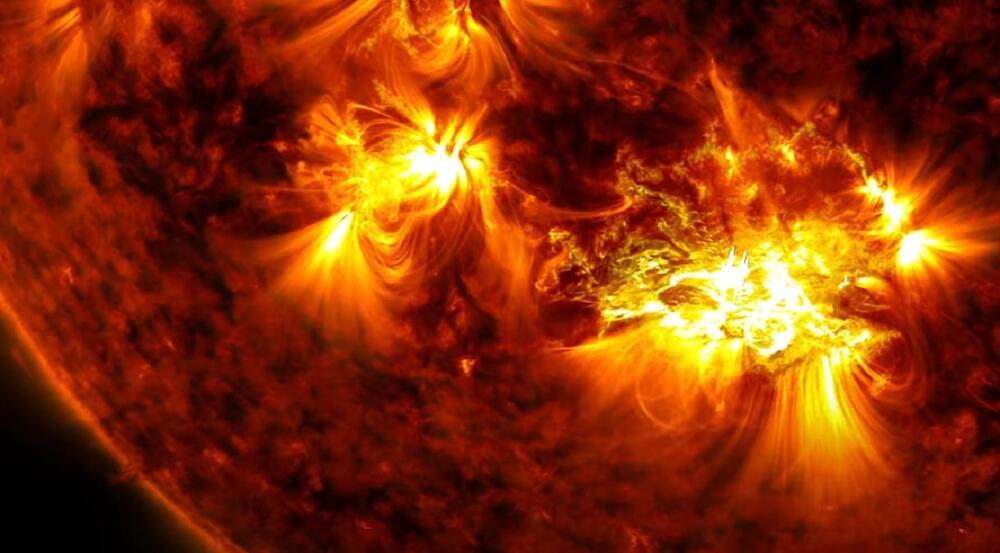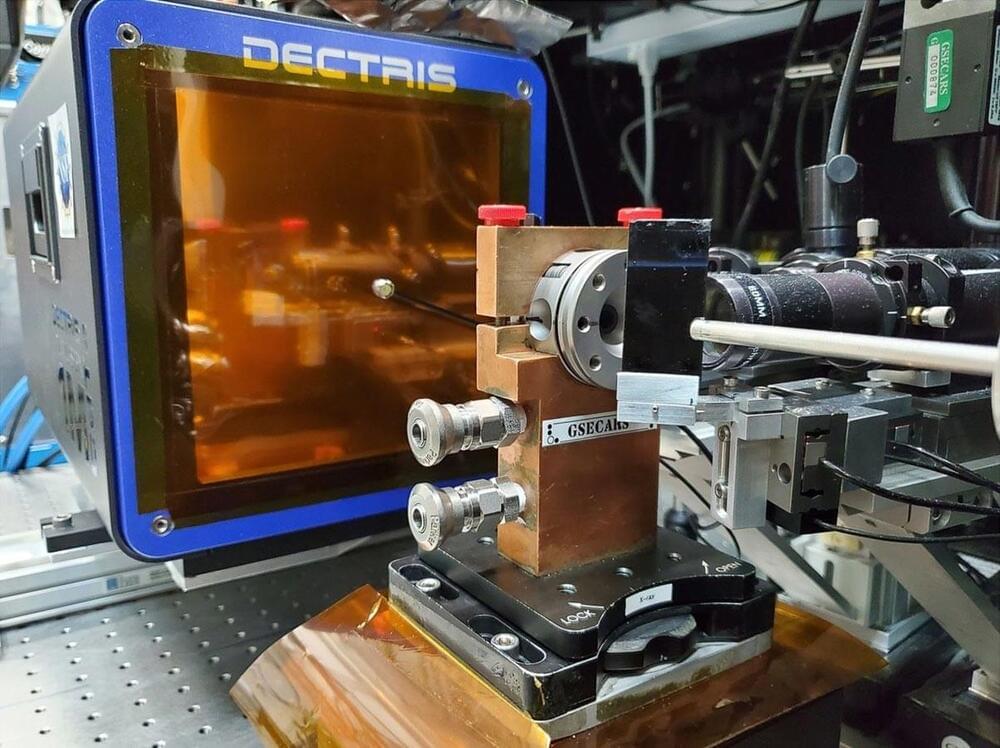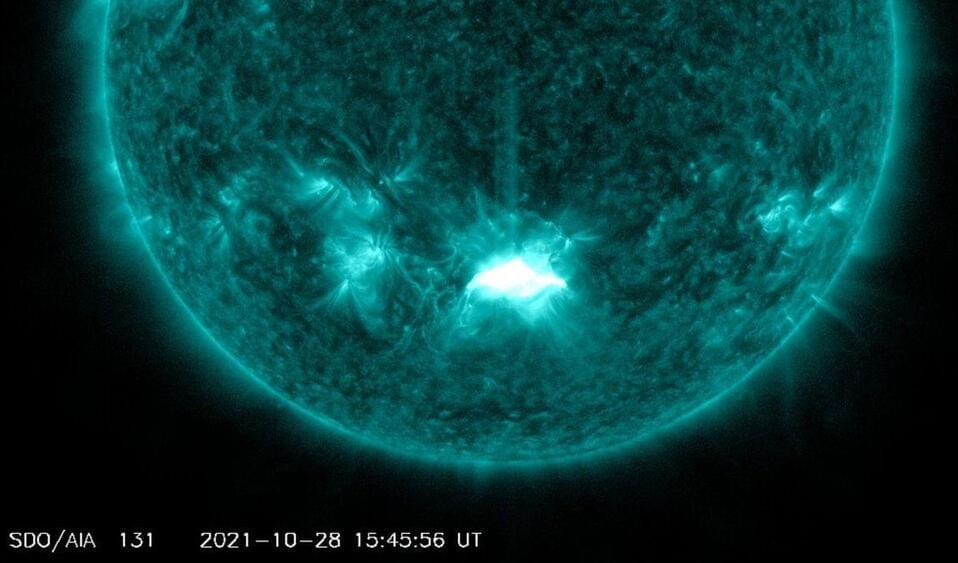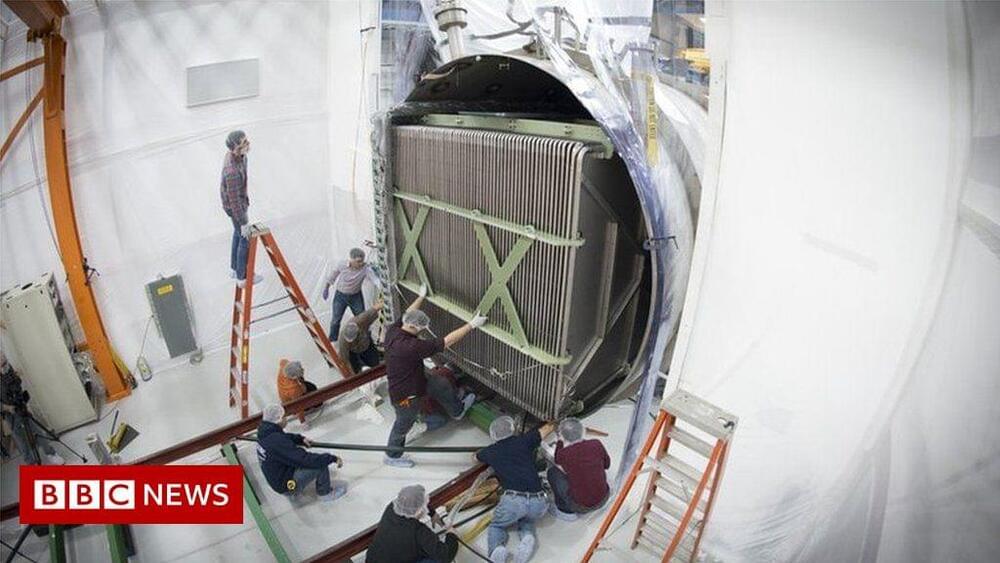NASA’s Solar Dynamics Observatory has confirmed that a massive solar flare has erupted from an Earth-facing sunspot on October 28.




Visit Our Parent Company EarthOne For Sustainable Living Made Simple ➤
https://earthone.io/
Progress has an accelerating rate of change due to the compounding effect of these technologies, in which they will enable countless more from 3D printing, autonomous vehicles, blockchain, batteries, remote surgeries, virtual and augmented reality, robotics – the list can go on and on.
These devices in turn will lead to mass changes in society from energy generation, monetary systems, space colonization and much more! All these topics and then some will be covered in videos of their own in the future.
In this video we will be discussing automation, which is often confused with being the ‘technological revolution’ in it of itself as it is what the mainstream focuses on, and for good reason, as how we handle automation will determine the trajectory or collective future takes.
00:00 Intro.
01:30 Progress Traps.
03:50 Automation.
11:51 Retraining.
13:55 The Gig Economy.
Thank you to the members who supported this video ➤
Scientists are experimenting with technologies for creating rocket fuel on Mars. The studies could also help combat greenhouse gas emissions on Earth.
Humanity’s quest to set foot on Mars is one of its most ambitious and complex endeavors. Yet, despite all the innovative ideas and intricate technology this goal requires, we may be able to achieve it by improving what we already know how to do. A number of research projects attempt to figure out how to we can utilize the exis… See more.


Solar particles blasted out in association with the flare could hit Earth tomorrow (Oct. 29).
A major solar flare erupted from the sun on Thursday (Oct. 28) in the strongest storm yet of our star’s current weather cycle.
The sun fired off an X1-class solar flare, its most powerful kind of flare, that peaked at 11:35 a.m. EDT (1535 GMT), according to an alert from the U.S. Space Weather Prediction Center (SWPC), which tracks space weather events.
Musk may have to pay more taxes and he’s not happy about it (of course he’s not).
Elon Musk may have to pay more taxes as part of a proposed United States budget. Here’s what it means for the Tesla and SpaceX CEO’s Mars plans.
Creating the most reusable launch vehicle, ever.
Far from the Space Race where billionaires are outwitting one another to build colonies and private stations in space, a quiet YouTuber has built a water rocket that uses a parachute to gently return to Earth.
We are always on the lookout for interesting bits of engineering. While we cover the achievements of private companies with as much enthusiasm as we have for space technology, there is something very soothing and peaceful about watching a water rocket go up from a launch site that is nothing more than a lush green meadow and an overcast sky.
Thanks to the YouTube channel The Q, you can sit back and enjoy this beautiful launch powered by just air and water; in case you want to go back to the school days and do it all over again over the weekend, the video presents instructions on how to make the rocket as well.
Full Story:
